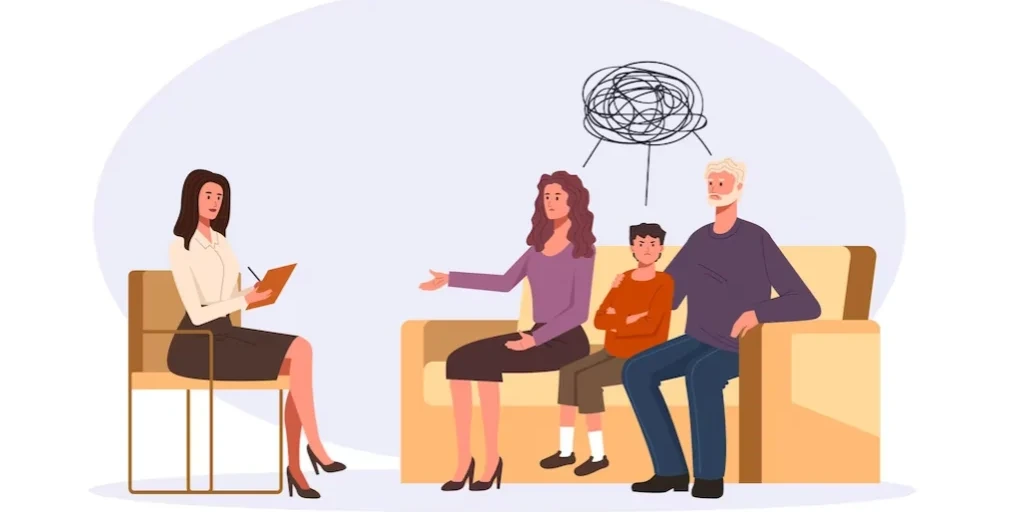24/7 Helpline:
(866) 899-111424/7 Helpline:
(866) 899-1114
Learn more about Substance Abuse Treatment centers in Wetumka

Other Insurance Options

Humana

Kaiser Permanente

Amerigroup

Covered California

Medical Mutual of Ohio

Health Choice

Oxford

Excellus

UnitedHealth Group

Ceridian

Molina Healthcare

Sutter

BlueCross

ComPsych

BlueShield

BHS | Behavioral Health Systems

Highmark

Evernorth

AllWell

Carleon


Oklahoma Families First
Oklahoma Families First is a private rehab located in Holdenville, OK. Oklahoma Families First speci...













































Carl Albert
Carl Albert is a public rehab located in Holdenville, Oklahoma. Carl Albert specializes in the treat...










































